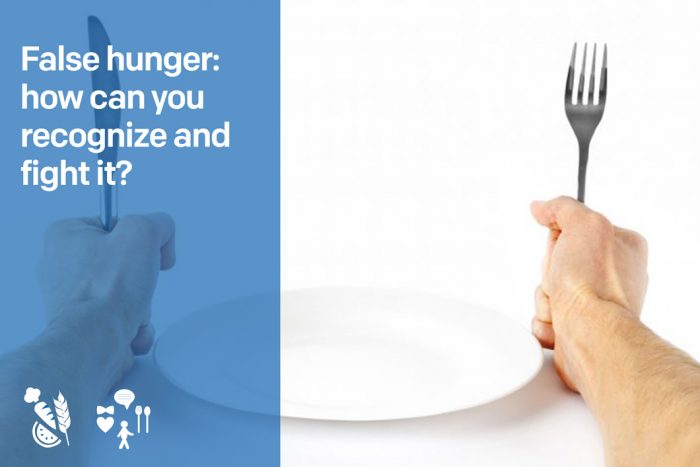Everyone knows that a healthy diet is, first of all, about balance, moderation, and variety. Research has shown that keeping to a healthy weight reduces the risk of developing prostate cancer, which is another reason to want to do maintain weight that is healthy for you.
However, what about false hunger? Do you sometimes get a craving for a snack in the middle of the day or a desire for some chips when you watch a movie in the evening? These cases are most likely false hunger.
Eating to fill an emotional need
What false hunger basically means is that you are eating in response to a need that is emotional (for example, when bored or stressed out or to have fun) or in response to some stimuli (a great smell, appetizing dishes, etc.) instead of eating when there are real signs of hunger (a gurgling stomach, an empty feeling in the stomach, cramps, difficulty focusing, decreased energy levels).
False hunger leads to eating when our body doesn’t really need food. Importantly, false hunger usually leads to eating more sugary, fatty, and salty foods, which harms our health and increases the risk of prostate cancer.
How is false hunger different from real hunger?
There is a way to determine whether the hunger is false or real. Ask yourself this question: what is it that you want to eat? If the answer is “anything” – the hunger is real. If you want a particular type of food, such as chips of chocolate – this is most likely false hunger.
Here are a few tips to follow in order to avoid succumbing to false hunger:
- Identify your emotional state: are you sad, frustrated or bored? If so, it is very likely that you want to fill this emotional void with food.
- Avoid skipping meals and getting a snack frequently. When you are full, it is easier to resist cravings. Moreover, eating regularly makes it easier to identify hunger and satiety signals, which then makes us less likely to fall prey to binge eating due to false hunger.
- Ask yourself about the type of hunger you are feeling. If physically you feel that you can go without food for a while more and want particular pleasure foods, this is probably false hunger. That is when it is better to wait in order to see if this hunger develops into a real one.
- When you realize that your hunger is false, try to refocus by engaging in other activities, such as walking, reading, and sleeping.
- Healthy food rich in protein and nutrients can also play a role. Consuming them makes it evident fairly quickly that the hunger was not real. If you still feel hungry after starting to eat this kind of food (because of an emotional need), you would be filling the emotional void with food that is healthy and good for you, thus reducing the risk of prostate cancer.
Inspired by the praticipratique.com website.



